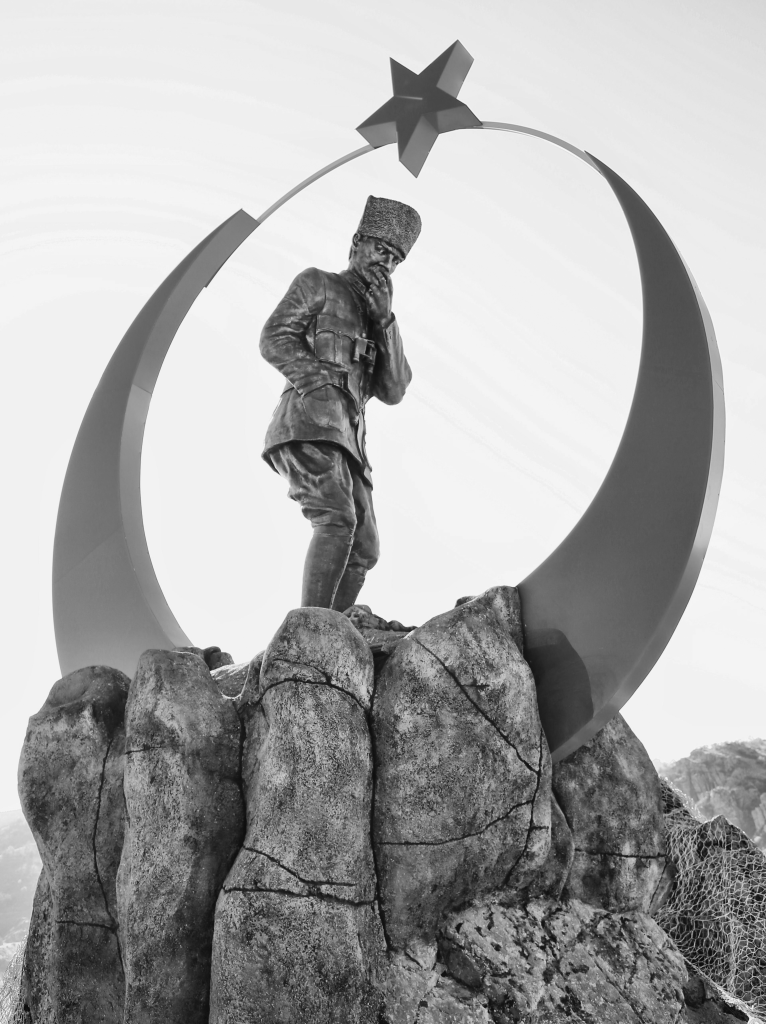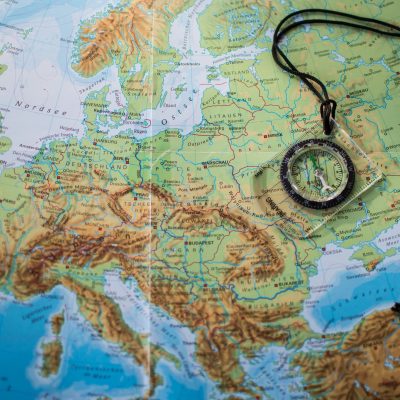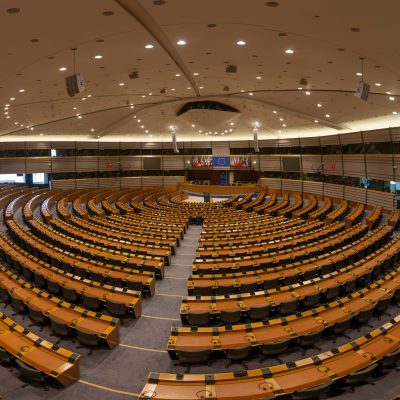[FR] Turkish elections: Erdoğan’s resilience

1. Erdogan’s political power challenged but not weakened
The electoral landscape that emerged during the presidential and parliamentary elections on 14 and 28 May is far from suggesting that President Recep Tayyip Erdoğan’s power is unchallenged. The opposition managed to prolong the presidential election by forcing a second round for the first time and rallying behind Kemal Kılıçdaroğlu, the leader of the social-democratic Republican People’s Party (CHP), who achieved a respectable result of nearly 48% of the vote. Given Erdoğan’s use of all the resources of the state to campaign and the heterogeneity of the opposition coalition, which brought together former members of the ultra-nationalist MHP and the Kurdish movement, as well as the CHP and several former AKP (Justice and Development Party, currently in power), including the parties of former ministers Ali Babacan and Ahmet Davutoğlu, this result was far from a foregone conclusion. Added to this is the fact that, after the 2017 referendum and the 2019 elections, Erdoğan failed to win Istanbul and Ankara for the third time in a row (Turkey’s third largest city, Izmir, has never been won by either Erdoğan or the AKP).
Furthermore, President Erdoğan’s AKP achieved its worst result in parliamentary elections since 2002, with ‘only’ 35% of the vote and 268 seats out of 600. The gap between the votes obtained by Erdoğan (49% in the first round, over 52% in the second round) and the AKP is widening even further, reaching 14 points compared to 10 in the 2018 elections. The support of the 50 MPs from the Nationalist Action Party (MHP) and, to a lesser extent, that of the New Prosperity Party (YRP) is therefore more essential than ever for Erdoğan against the 277 opposition MPs. Finally, the radical left-wing alliance, composed of the pro-Kurdish party (YSP; 8.82%) and the socialists (Workers’ Party; 1.73%), managed to maintain a substantial parliamentary delegation of 66 MPs (compared to 65 in 2018) despite particularly harsh political repression against them.
However, the main finding of the Turkish elections is the electoral resilience of Erdoğan and the political divisions that his power has created. Although the AKP lost voters, their votes did not go to the opposition but rather to Erdoğan’s allied parties. Ultimately, the erosion of power is limited to less than a 3% difference between Erdoğan’s scores in the first rounds of 2018 and 2023. As Bekir Ağırdır, director of KONDA (Turkey’s most credible polling institute), summed up, ‘in absolute numbers and percentages, almost nothing has changed between the 2017 constitutional referendum, the 2018 elections, the 2019 municipal elections and the 2023 elections.’ In other words, one in two Turks voted for Erdoğan in all recent elections, with earthquakes and official inflation of 43.5% having little impact.
The main opposition, embodied by the CHP and the secular nationalist İYİ Parti, has failed to attract support beyond its strongholds in western and southern coastal Turkey. Kılıçdaroğlu’s CHP has allocated 35 of its 169 parliamentary seats to the micro-parties of Ali Babacan and Ahmet Davutoğlu and to the Saadet Partisi (heir to the Refah Partisi, where Erdoğan made his political debut) precisely in the hope of creating a centre-right “post-Erdoğan” centre-right pole capable of attracting disillusioned AKP voters in central Anatolia and elsewhere. These efforts are proving futile in reconfiguring the political divide beyond the current “50%+1” equation in favour of Erdoğan. The current balance of power is likely to hold until the 2028 general and presidential elections, or even strengthen in Erdoğan’s favour in the 2024 municipal elections, with demoralisation and leadership conflicts already looming within the opposition. Some observers believe that the vote for Erdoğan is motivated by identity considerations that lead voters to deny the country’s economic realities in favour of a myth about Turkey’s greatness and imperial destiny. However, while nationalist and anti-Western rhetoric is proliferating in the country, taking it at face value overlooks the real factors behind the Erdoğan vote: material interests and the quest for socio-economic status.
2. An established electoral base
As political scientists Berk Esen and Şebnem Gümüşçü show, the authoritarian turn in Turkey can be explained by partisan redistribution. Since 2002, Erdoğan’s electoral successes have been based on a cross-class coalition. This coalition is made up of the new economic elites who have become wealthy under the AKP, particularly through public procurement, but also the inhabitants of certain working-class neighbourhoods in urban centres and small towns in Anatolia who depend on transfer incomes distributed in a discretionary and biased manner by the authorities. These two groups of actors are united by a narrative embodied by Erdoğan that the opposition has so far failed to deconstruct: that they have been marginalised by a bourgeoisie (from their point of view) that has been self-orientalising since the beginning of the Republic in 1923. Instead of distancing them from the ruling power, economic shocks may make these actors even more dependent on Erdoğan and the AKP. The possibility of a change in government may itself be a source of economic anxiety, as it could lead to a reallocation of resources to the detriment of the ruling party’s supporters.
During the AKP’s first two terms in office (2002-2011), the partisan redistribution mechanism benefited from a very favourable global economic climate and significant foreign investment flows. Since the 2008 crisis, however, the difficulty of attracting foreign investment has led the central government to intervene more and more directly in the markets in order to reward its supporters. The undermining of the central bank’s independence and, at the same time, the fall in key interest rates and inflation are the most symbolic manifestations of a broader phenomenon. Despite the collapse of the lira and the impoverishment of the population, the government continues to have levers of discretionary economic intervention at its disposal and does not hesitate to use them, mainly for the benefit of its supporters but also for the wider public (repeated increases in the minimum wage during the election year, nationalisation of household natural gas bills for the month of April, etc.). It is important to note that, unlike previous crises faced by Turkey, notably that of 2001, the international liberal order is fragile and the Turkish government has significant room for manoeuvre, thanks to capital from the Gulf, China and Russia. While the appointment of Mehmet Şimşek as finance minister in the new cabinet may indicate that some of the more heterodox aspects of Turkish economic policy will be moderated, there is unlikely to be a “return to normal”.
3. A relationship with the EU to be reviewed
Turkey’s political economy and system of government have evolved in the same context as the EU, marked by the destabilisation of the liberal international order, the decline of democracy and the rise of protectionism, which allow “competitive authoritarianism” to maintain and consolidate itself. Understanding this phenomenon must lead to a change of approach in relations between the EU and Turkey. This change must not be made in favour of a transactional vision, as this is unsustainable not only morally but also practically. The February 2016 agreement on migrants, for example, succeeded in temporarily closing the Western Balkan route without, however, offering a lasting solution. This agreement exposed the EU to the risk of pressure from Ankara and damaged the EU’s reputation among the public in Turkey and elsewhere. In the absence of any realistic prospect of accession in the foreseeable future, the difficult question that European leaders must ask themselves is how to ensure the survival of institutionalised cooperation between the EU and Turkey in a global context that differs profoundly from that of the 1990s and 2000s. While the new European Political Community could be particularly important in this regard, this initiative is currently attracting little interest in Turkey. Erdoğan was the only leader absent from the last summit on 1 June in Moldova, which, apart from a few lines in the pro-Erdoğan press interpreting this event as a show of force against Russia, received very little coverage in the Turkish media, both government and opposition.




